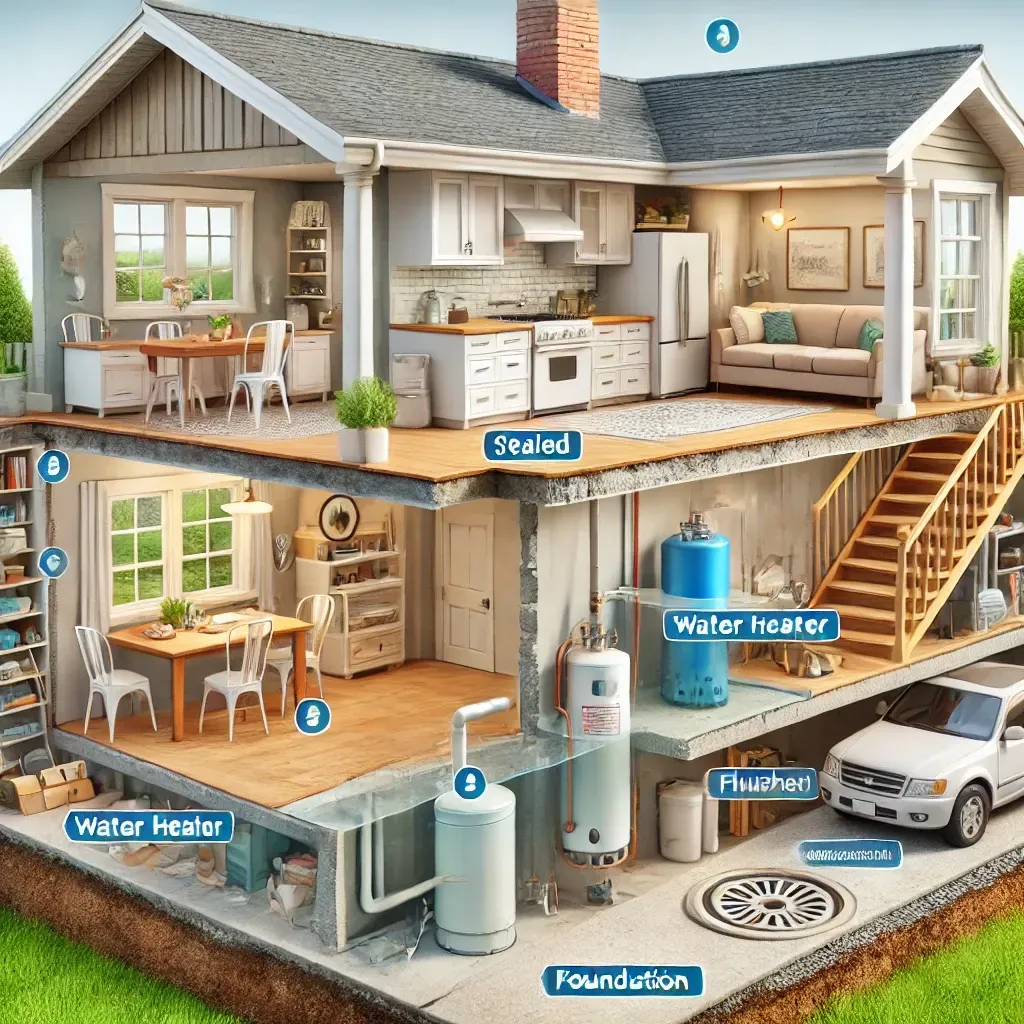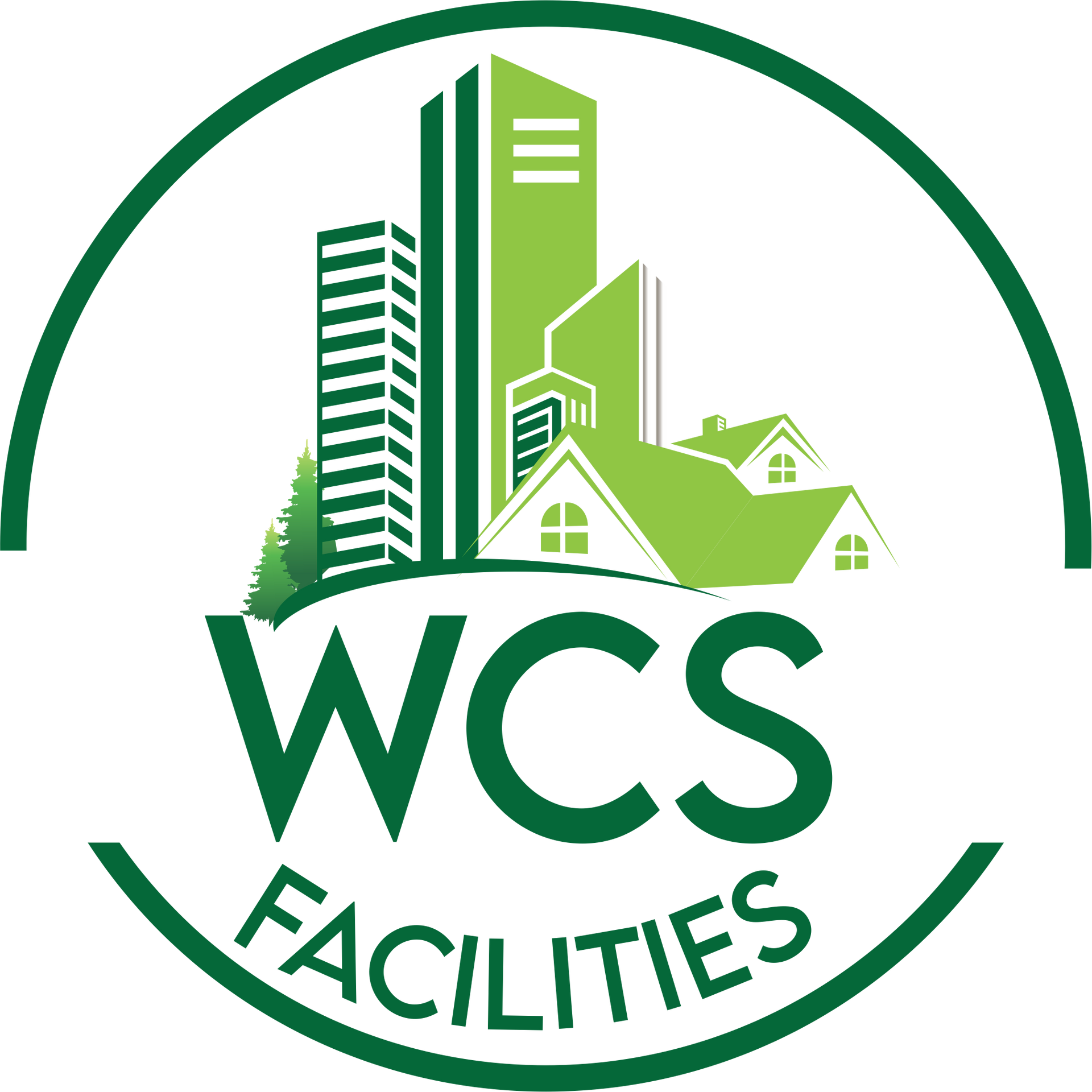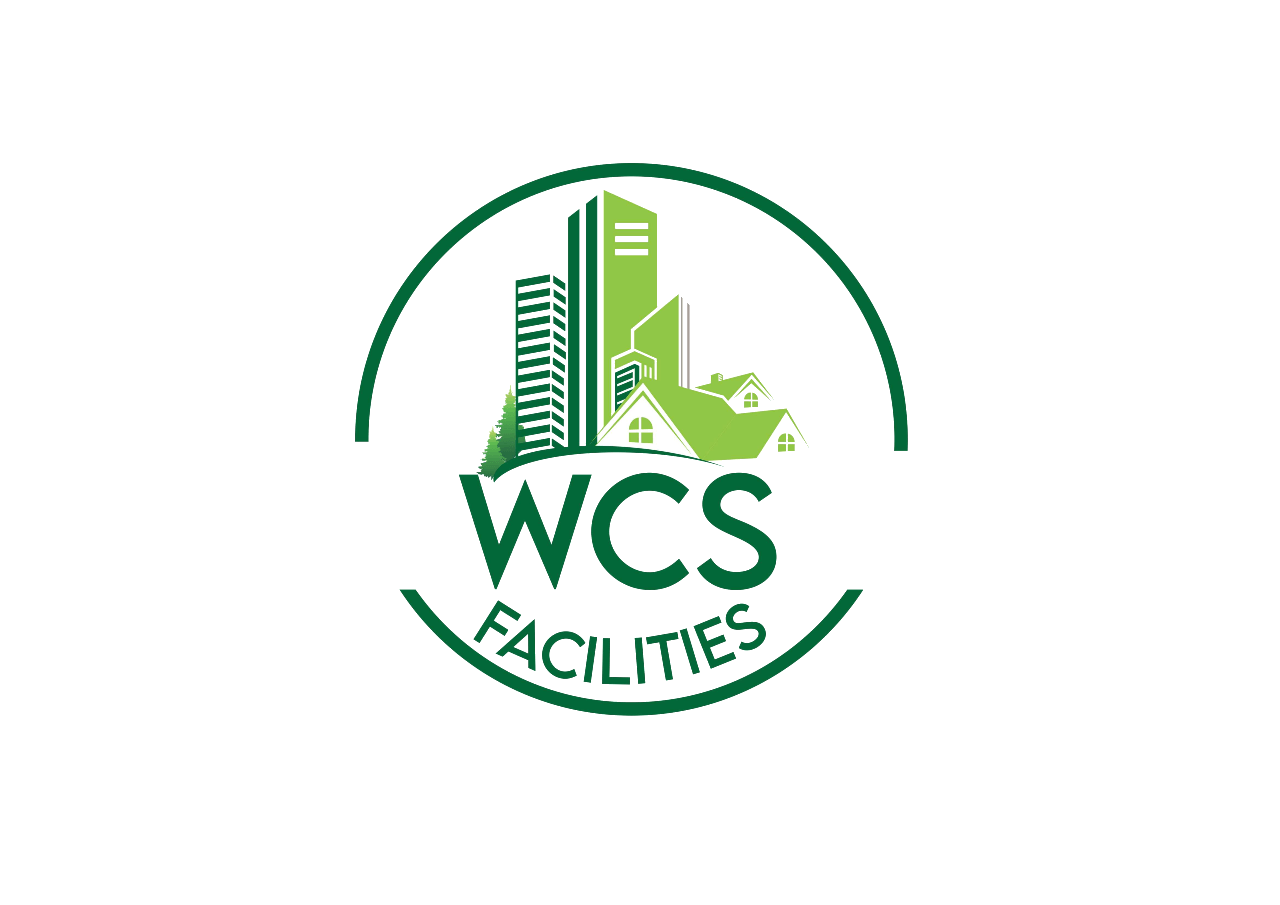Trash Talk: Rethinking Recycling and Environmental Impact
Welcome to a conversation that transcends the mundane – a discourse on trash that goes beyond the clichés and delves into the heart of recycling and waste management.
In this exploration, we aim to unravel the complexities, debunk myths, and shed light on innovative
recycling solutions that redefine our approach to environmental sustainability.
The Reality of Recycling: Navigating Myths and Facts
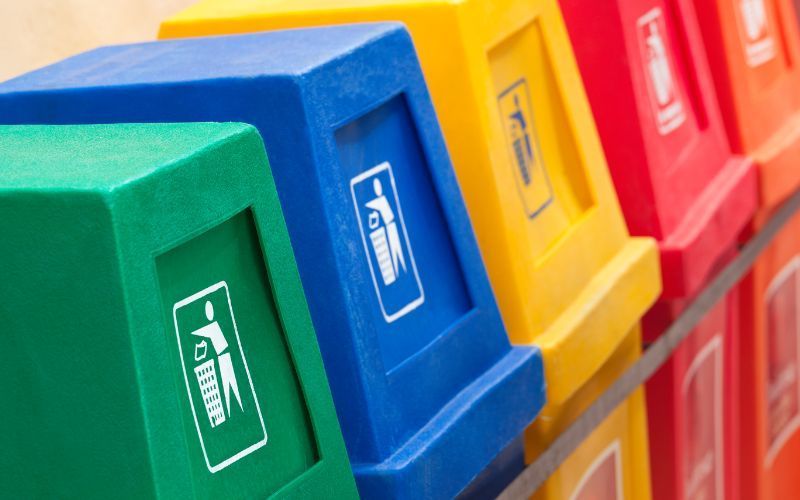
Exploring the reality of recycling reveals common misunderstandings that often obscure the true impact of our actions. Not all recyclables are equal, particularly with plastics, where challenges arise due to varying processing capabilities, emphasizing the importance of understanding these intricacies for effective recycling.
Delving into Common Misconceptions Surrounding Recycling
As we embark on this journey, let's confront the myths that often shroud recycling in a veil of misconceptions. It's time to separate fact from fiction.
Myth 1: All recyclables are created equal
Contrary to popular belief, not all materials are easily recyclable. Plastics, for example, have various categories, and not all can be efficiently processed. Understanding these distinctions is crucial for effective recycling.
Myth 2: Recycling is a one-size-fits-all solution
Recycling processes vary, and what works in one community might not be feasible in another. Tailoring recycling strategies to local needs is essential for optimal environmental impact.
Unveiling the Environmental Impact of Current Recycling Practices
While recycling undoubtedly mitigates environmental harm, it's not without its footprint. Let's examine the ecological implications of our current recycling habits.
Fact 1: Energy consumption in recycling
The recycling process demands energy, and not all methods are created equal. Traditional recycling methods often consume substantial energy, contributing to carbon emissions. Exploring energy-efficient alternatives is critical.
Fact 2:
Downcycling dilemma
Recycled materials often undergo downcycling, where the quality degrades with each cycle. This poses challenges for creating high-quality products from recycled materials. Striking a balance between recycling and maintaining material integrity is essential.
Identifying Key Challenges in the Recycling Process
Despite the noble intentions behind recycling, the process faces several challenges that hinder its effectiveness.
Challenge 1: Contamination
Contamination of recyclables remains a significant hurdle. Items with food residue or non-recyclable materials can jeopardize the entire recycling batch. Educating the public on proper sorting is vital.
Challenge 2: Limited infrastructure
In some regions, the lack of recycling infrastructure impedes progress. Investing in comprehensive recycling facilities and expanding collection programs is crucial for overcoming this hurdle.
Innovations in Waste Management
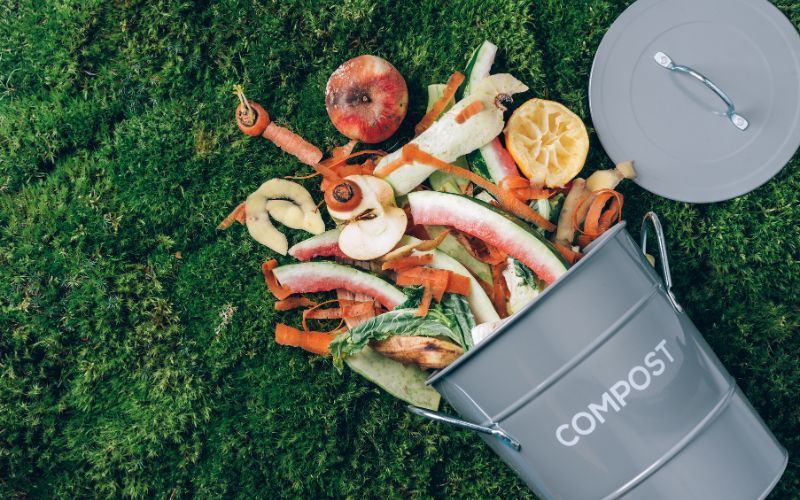
As we peer into the future of waste management, our focus shifts to the innovations shaping the recycling landscape. These cutting-edge technologies transform traditional recycling methods and open avenues for exploring sustainable alternatives and showcasing successful initiatives worldwide.
Highlighting Cutting-edge Technologies Transforming Recycling
Embracing technology is pivotal for revolutionizing recycling. Here are some innovations shaping the future of waste management.
Innovation 1: Smart recycling bins
Equipped with sensors, smart bins can monitor waste levels and optimize collection routes. This reduces unnecessary emissions and enhances the efficiency of recycling processes.
Innovation 2: Advanced sorting technologies
Automated sorting technologies, such as robotics and artificial intelligence, streamline recycling. These innovations improve accuracy and efficiency, addressing the challenge of contamination.
Exploring Sustainable Alternatives to Traditional Waste Disposal
Beyond recycling, sustainable waste management involves exploring alternative methods that reduce environmental impact.
Alternative 1: Composting
Composting organic waste diverts it from landfills and enriches soil quality. Encouraging composting at home and in communities promotes a more circular approach to waste.
Alternative 2: Circular economy models
Shifting towards a circular economy, where products are designed for longevity and easy disassembly, reduces the need for constant production. This model minimizes waste and maximizes resource efficiency.
Showcasing Successful Recycling Initiatives Around the Globe
Inspiration can be drawn from successful recycling initiatives worldwide. These endeavors demonstrate that with concerted effort, positive change is possible.
Initiative 1: Sweden's waste-to-energy programs
Sweden has successfully implemented waste-to-energy programs, utilizing non-recyclable waste to generate heat and electricity. This approach not only minimizes landfill usage but also produces sustainable energy.
Initiative 2: Japan's community-based recycling
Japan's community-centric recycling initiatives involve citizens actively participating in waste sorting and recycling processes. This model fosters a sense of responsibility and strengthens the recycling ecosystem.
Empowering Change at the Grassroots Level
At the core of sustainable change is individual responsibility, where conscious consumer choices become the catalyst for reducing environmental impact. In the upcoming sections, we will delve into practical tips for sustainable waste management and explore the crucial roles of education and advocacy in fostering a recycling mindset at the grassroots level.
Choices for Reduced Environmental Impact
Individuals play a pivotal role in shaping sustainable practices. Here's how you can make a difference through conscious consumer choices.

Choice 1: Opt for reusable alternatives
Choosing reusable over disposable items significantly reduces waste. From water bottles to shopping bags, opting for durable, reusable options contributes to a greener planet.
Choice 2: Support eco-friendly products
Prioritize products made from recycled materials and support companies committed to sustainable practices. This encourages a market shift towards more environmentally friendly options.
Providing Practical Tips for Sustainable Waste Management in Daily Life
Sustainable living doesn't have to be daunting. Here are practical tips for integrating eco-friendly practices into your daily routine.
- Tip 1: Practice the three Rs: Reduce, Reuse, Recycle
Embrace the mantra of reducing consumption, reusing items, and recycling responsibly.
- Tip 2: Educate yourself on local recycling guidelines
Understanding the specific recycling guidelines in your area ensures that you contribute to a clean and efficient recycling process.
Discussing the Role of Education and Advocacy in Fostering a Recycling Mindset
Education is a powerful tool for instigating change. Collectively, we can foster a recycling mindset by raising awareness and advocating for sustainable practices.
Education: School programs and community workshops
Integrating environmental education into school curriculums and organizing community workshops cultivates an understanding of the importance of recycling from an early age.
Advocacy: Supporting environmental initiatives
Joining or supporting local environmental organizations amplifies your impact. Participate in community cleanups, recycling drives, and advocate for policies that promote sustainable practices.
Conclusion
In conclusion, as we reevaluate our approach to recycling and waste management, we must acknowledge the efforts of organizations committed to environmental sustainability.
WCS Facilities Management is a beacon in this realm, offering comprehensive solutions for efficient waste management. If you want to make a positive impact or seek expert services, don't hesitate to call or message WCS Facilities Management.
Together, we can transform trash talk into meaningful action for a greener future.
You might also like

